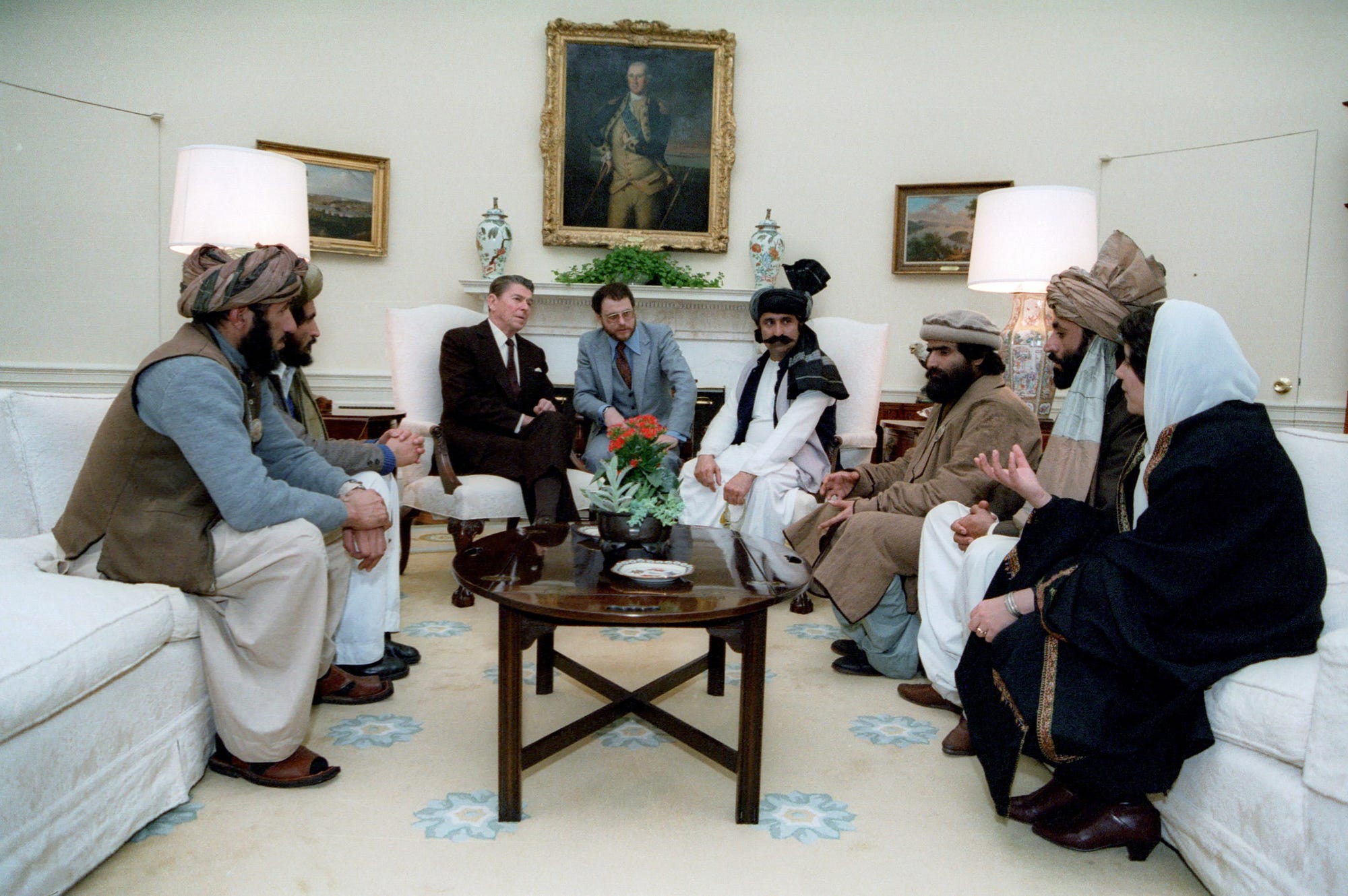I guess Janet Yellen got totally spooked a couple of weeks ago. Remember that House bill designed to limit the Fed's lending powers? The
Fed Oversight Modernization and Reform Act? Yellen went nuts, saying it would completely politicize the Fed and cause it to be ineffective in crises.
So what does she do? The Fed is now adopting a set of new rules designed to limit its own power to lend. LIMIT ITS OWN POWER TO LEND!!!
From now on, it can only lend if at least five institutions need help. And it lends at a penalty rate, always.
This is nothing less than imposing discipline on the liability side of the balance sheet, which is ridiculous. The whole structure of banking is based on public subsidy of the liability side. (Deposit insurance.) Why put a timebomb there? To destroy taxpayer equity? What about effectively regulating what the banks are doing on the asset side? Hmm? Did that ever occur to them? For chrissakes the banks are into everything BUT plain, ordinary lending. They're trading CDO's and credit default swaps and commodity futures and currencies and all kinds of crap.
WTF is wrong wtih these people? Sorry to all the ladies reading this, but Janet Yellen--a woman--should not be Fed Chair. Wishy washy. Always looking for consensus. Not wanting to rock the boat. (Contrast with an Alpha Male like Volker, who, maybe I didn't agree 100% with his policies, but no one pushed the guy around.)
And Yellen is a snapshot of what a female presidency will look like so get ready.
The whole system is a joke. From idiots at the Fed to the morons in Congress to the neocon lunatics infesting the Obama Administration and DOD.
You might as well laugh. We're all doomed.



